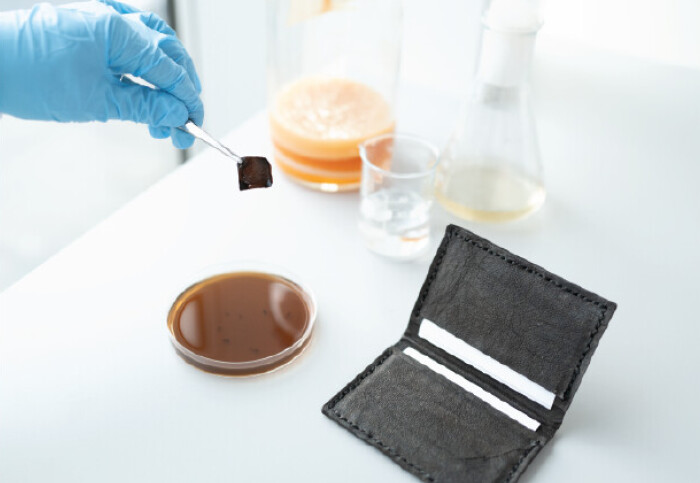Peanuts are one of the most common food allergies, and a small amount of its intake can result in a severe, potentially fatal allergic reaction which can range from a minor irritation to a life-threatening reaction.
In the US alone, about 1.5 million children are allergic to peanuts. To treat peanut allergies, a promising new treatment has been developed.
Researchers have developed a patch to treat this allergy
The patches are developed by a French biopharmaceutical company, DBV Technologies (DBVT), and are being tested by the National Institutes of Health.
The drug is delivered through the skin through a skin patch, called Viaskin Peanut patch. This patch slowly releases small amounts of peanut protein to build up sufferers’ immunity. As the drug is given through skin, the allergen never makes it to the blood stream, which would lead to an allergic reaction.
The therapy reduces an allergic person’s sensitivity to peanut proteins
Researchers have trialed this device on a group of children in Australia. This experimental therapy was given for a period of over 18 months. After the treatment, about 80% of the children became tolerant to peanuts.
Each day, a new patch is applied in a new spot, and the old one is removed. The treatment was found to be more effective among children, particularly in children under 12 years old. The effectiveness of the treatment was significantly reduced in volunteers aged 12 years and over.






